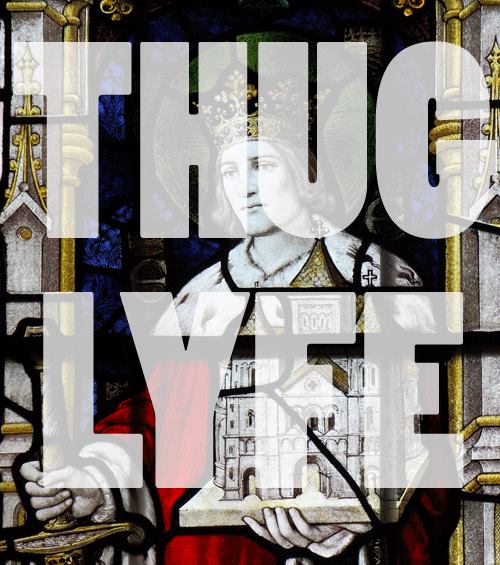Podcast: Play in new window | Download
Alright, last week we finally saw the fall of AEthelfrith and the rise of Edwin of Deira and King Raedwald of East Anglia… Bretwalda! As you probably gathered, that was not the last would will hear of Edwin.
Sign up for membership to read the full transcript.


That awesome background music again while you’re describing the army post-battle! Where is that from??
It’s from 28 Days Later :)
ugh! That’s where I recognized it from. I’ll never be able to show my face in front of my zombie-loving friends again. Thanks Jamie, keep up the excellent work!
I’ve been trying to figure that one out too … dang it.
If anybody is interested in more information about the word wælsteng, it is formed of two parts, “wæl” and “steng”. The first part, wæl, means corpse or the slain. It is from Proto-Germanic “walaz”, meaning the same thing. Other derivations from walaz include the Val- part of Valhalla, the hall of the slain.
“Steng” means rod, or pole. The Proto-Germanic root, stangō, lives on today in Nordic languages with the same meaning, for example “stang” in Danish or “stång” in Swedish.
It is not to be confused with a Walesstang, which is a rather delicious pastry sold in Danish bakeries. My tip is to check carefully if someone offers you one for breakfast: the quickest way to tell the difference is that a Walesstang will generally be covered in cream and fruit. If it looks like a spear with dried blood, it’s probably the less tasty version and you should refuse as politely as possible.
Solid pro tip right there.